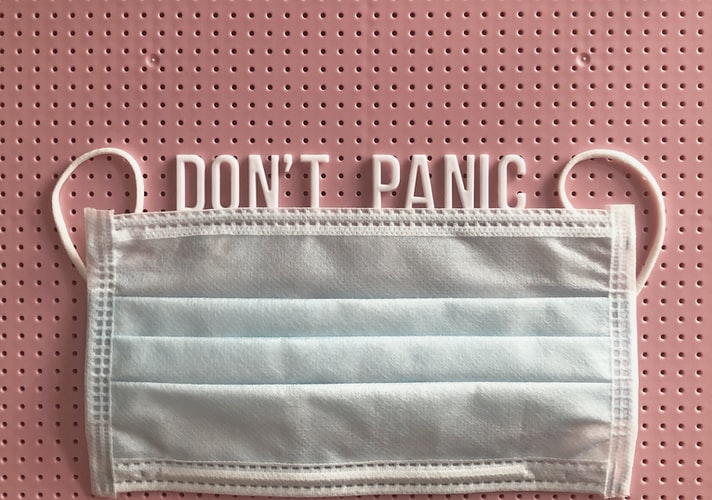
As a healthcare worker, I know what lies before me prior to entering our doors for work. I know that my day could be a roller coaster ride, a pleasant happening, or an overall chaotic batch of insanity. The problem is, I never know which one will greet me and when. Since the brunt of the global pandemic of 2020 in March of this year, North Carolina has seen its share of turmoil and devastation. According to the North Carolina Department of Health and Human Services (NCDHHS), our total number of active cases is 95,477 as of July 17, 2020, and these numbers are rising steadily.
My official title is Patient Access Specialist and prior to the pandemic, I registered patients for their imaging and invasive procedures at a prominent imaging center in Winston-Salem, North Carolina. My role has shifted in the last few months and I am now the primary screener for our facility. What does this mean? I am the person who surveys patients by asking them pertinent questions linked to COVID-19 symptoms and checking their temperatures before they enter our waiting areas.
What I’ve found out in the last few months: No one tells you how to grieve when you’re a healthcare worker. They do not prepare you for the many emotions you may experience while doing your job. Since the middle of April, I’ve felt the following emotions: anger, sadness, happiness, fear, and disgust. I encounter a wide range of patients throughout my day. Some are oblivious to the severity of this virus, some are flat out stubborn and cannot believe it exists, and others are terrified of even the slightest communication from someone trying to ensure their safety. I have my work cut out for me for at least eight to ten hours each day.
There is no tiny bubble to where I can retreat and my feelings matter not when communicating with and screening a patient. What most of them see is someone before them intervening and disturbing their day when all they want to do is come in, have their services rendered, pay for them, and leave. Things have changed. Our lives will never be the same. Coronavirus, COVID-19 has stuck its toes in the everlasting waters of life and is here with a powerful force and for how long, we do not know.
I have had my share of emotional breakdowns over the past few months and I am sure I have not seen the last of them. While doing my job, there’s no place to hide and nowhere to run. The most important goal I have set for myself is to ensure the safety of our staff and our patients. While in this mode, everything else ceases to exist. I don my thick armor for the day, keep it polished and pristine, cover my visibly facial emotions with a mask, and release all consuming and overwhelming moods during the drive home. There are days when I cannot make it to the end of my shift and I have to find solace in one of our bathrooms to cry and release the negative energy from me.
To say that it heightens my anxiety levels on most days would be a serious understatement. I have encountered positive COVID-19 patients who have found themselves at the wrong facility and I must direct them to a Patient Under Investigation site, patients who have had their testing done and advised to go home and quarantine, but want to get all of their errands done on their day off, and others who have no clue that they would answer “yes” to at least three of the top five symptoms. Trying to maintain a level head and my cool is hard, but so far, I have not succumbed to the pits of debilitating despair.
This is my life now, and I look forward to another face-to-face session with my therapist at the end of this month. I have a lot to unpack and unload and there will be tears. There will be a bit of raging and shouting and overall fits of disbelief and I am sure she will, in her mighty but gentle way, calm me down. I will listen. I will eagerly sit in wait, hopeful she will have some wisdom and points to continue to steer me in the right direction.
No one tells you how to grieve when you’re a healthcare worker. You have to learn how to on your own.

